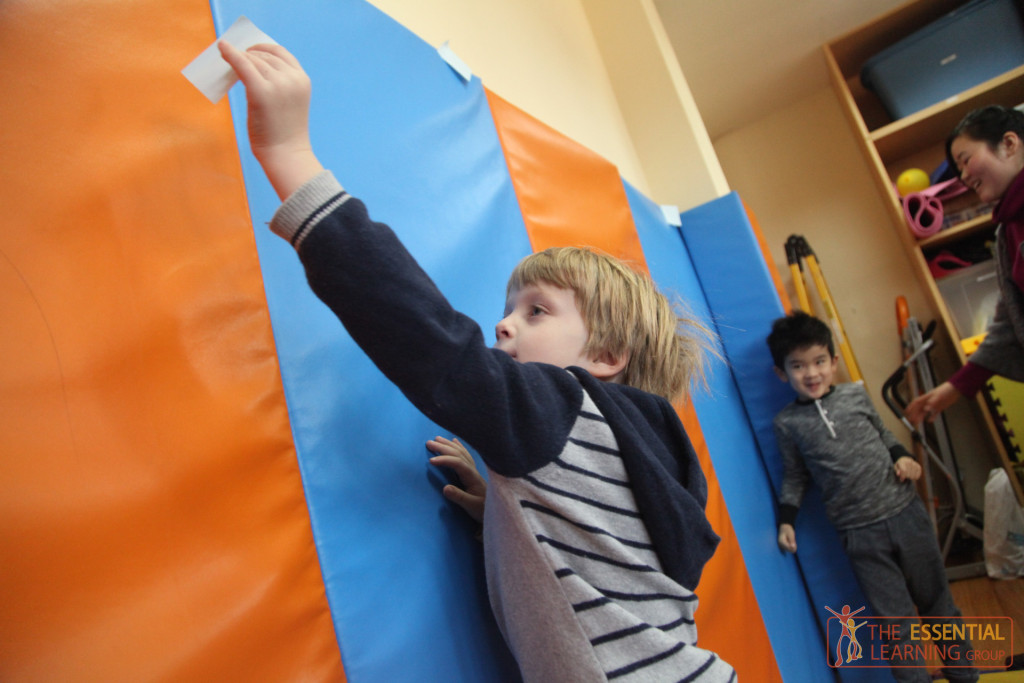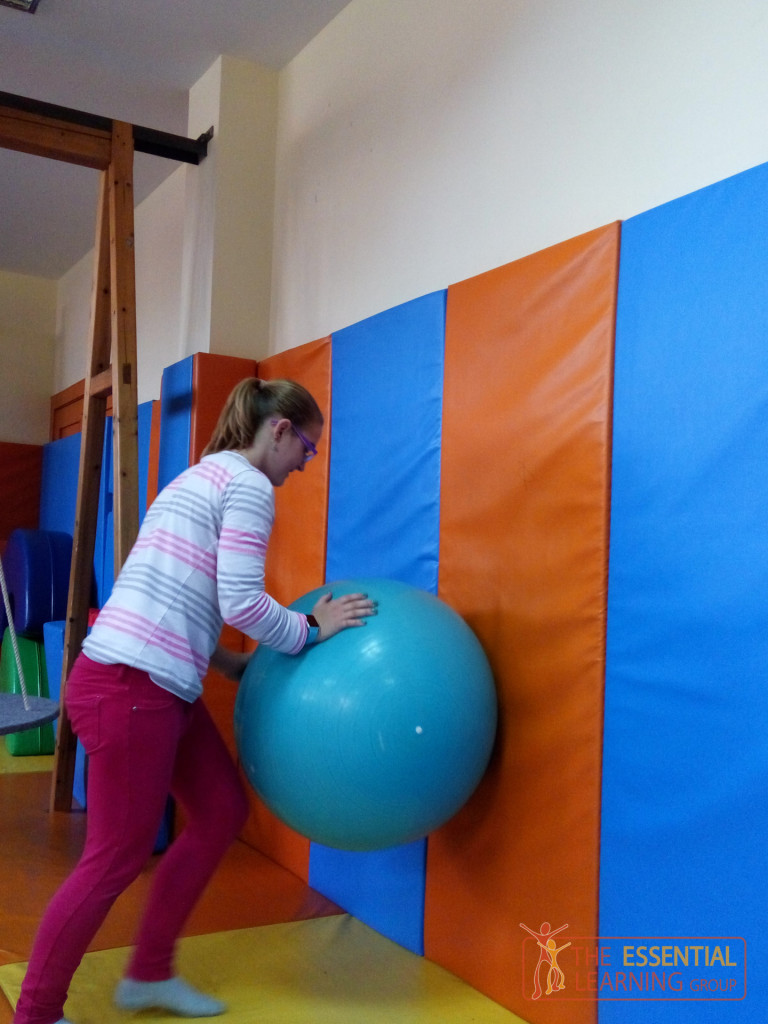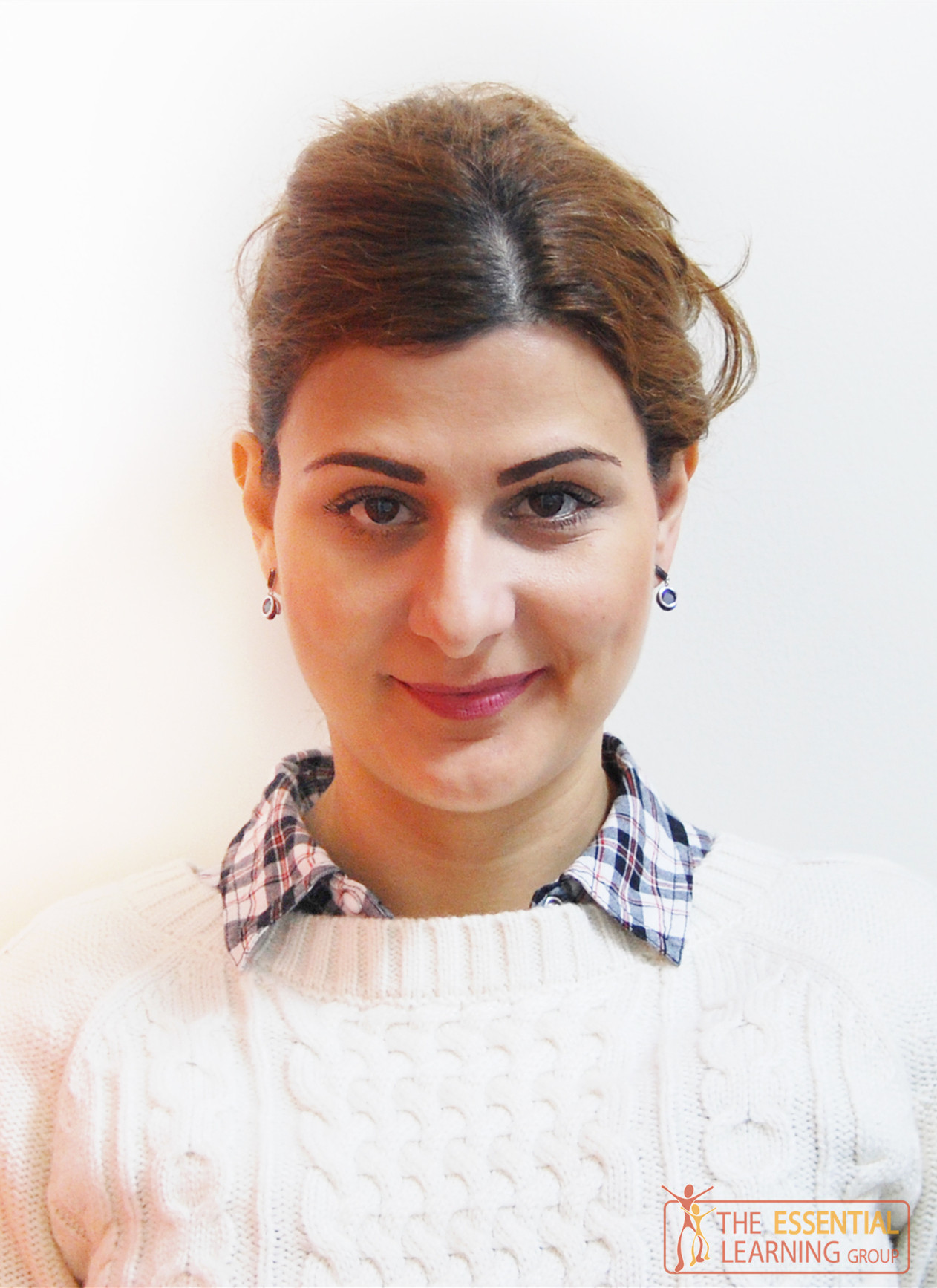By Milena Stamenkovic, Psychologist and Psychotherapist, with Ronni Rowland, Writer
Children learn through play, so games are a naturally motivating way to complement classroom instruction. “Modeling the behavior you want is important,” says Milena Stamenkovic, Psychologist and Psychotherapist with the Essential Learning Group (ELG). “And when you integrate behavior management and learning with play, the benefits are wide-ranging.”
Games encourage social interaction, engage students with different learning styles and create a relaxed, collaborative atmosphere for learning. Try these games – for preschool and early primary grades – to motivate students and support good behavior.
Educational game:

- Flash Card Run
Divide the class into two teams. Select a student from each team. Place flash cards with vocabulary words around the classroom. Call out one of the words and have students run to the card with the correct word.
Lessons learned: This game fosters literacy skills while engaging students with diverse learning styles, such as active, kinesthetic learners.
Icebreaker games:
- Fireman
Give each student a plastic drinking straw. Cut out enough paper “men” figures for two teams. One student uses a straw to suck up one of the paper figures and carry it over the finish line. The first team to carry all the figures over the finish line “saves them from fire” and wins.Educational variation: Write a letter, vocabulary word, number or simple math equation on each paper figure. Call out a word and the student must select the figure with the correct word and carry it over the finish line in order to win a point. The team with the most points wins.
Lessons learned: This game promotes pro-social behaviors as children support their classmates and teaches good sportsmanship. The educational variation also reinforces literacy or math skills.
- Voice Lessons
Read 10 sentences from a children’s book into a tape recorder, using a pleasant voice for some and a whiny, silly or other tone for the others. Play the recordings back and ask your students to raise their hands when they hear the sentences read in a “nice voice” (positive communication style). Let each student record the sentences in their silliest, whiniest, and “nicest” voices.
Lessons learned: This game helps children identify positive communication styles in a fun, lighthearted way.
Movement game:
- Over & Under
Two teams line up. The students at the front of each line pass the ball backward, first over the head, then the next continues under the legs, until the end of the line. The last student in each line returns the ball to the front in the same way. The first team that returns the ball wins.
Lessons learned: Children learn how to line up patiently and follow instructions. The game also develops teamwork and gross motor skills.
Team-building game:
- Which Way?!
Blindfold one student (or two if playing in teams). Using pieces of paper, plastic cones, chalk lines or other items, form a simple maze on the floor or ground (with start and finish lines). Non-blindfolded students shout left, right, straight, etc. to guide their teammate through the maze. The first team to get through the maze wins.
Lessons learned: This game teaches cooperation, teamwork and communication skills. Children also learn spatial skills and how to follow oral instructions.
Eye on the prize:
Milena makes clear, however, that “entertainment” should not occur at the expense of instruction. “When choosing games, consider factors such as curriculum topics, learning goals, class size, student ages, proficiency level, cultural context, timing, classroom settings and safety concerns.” Keep some games on hand, and meaningfully integrate them into your curriculum. You will be rewarded by engaged, excited students if you do!
Milena Stamenkovic, M.A.
Psychologist, Psychotherapist
Milena is a Psychologist and Psychotherapist with extensive experience in Serbia, especially helping children and adolescents with behavior problems, antisocial disorders and domestic issues. At ELG, Milena provides effective counseling and psychotherapy services to children and their families using a holistic and family-oriented approach. She is passionate about working in such a diverse multicultural environment and offering support services and educational workshops that improve daily life.


